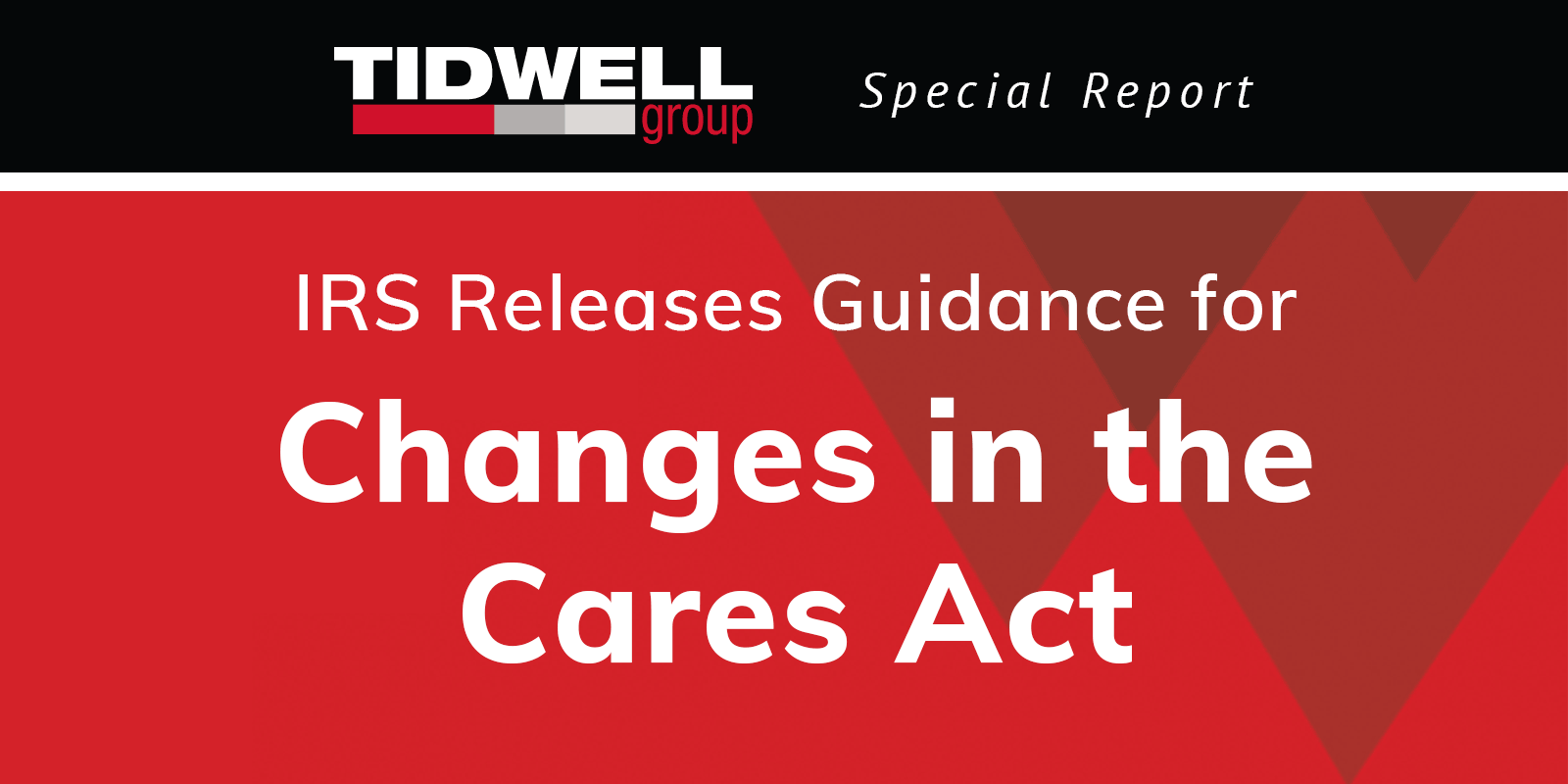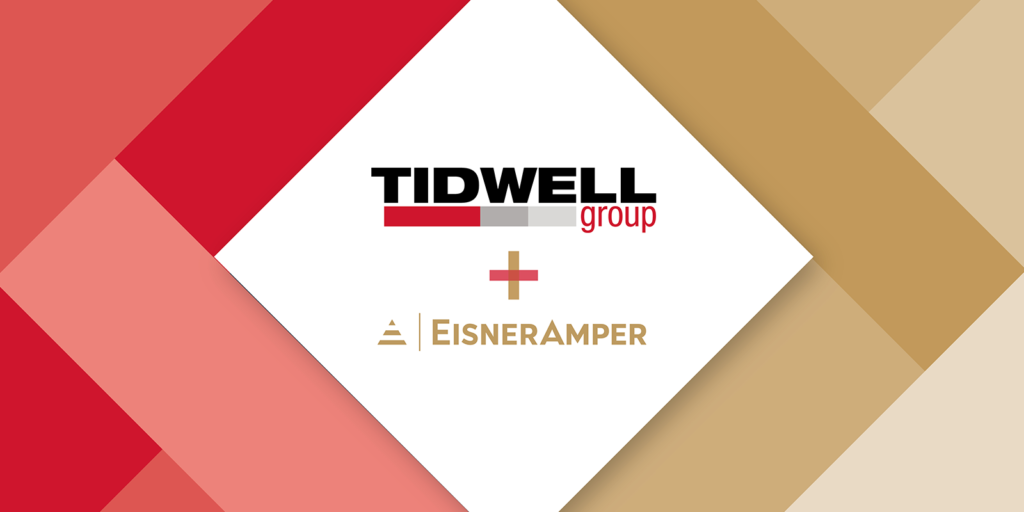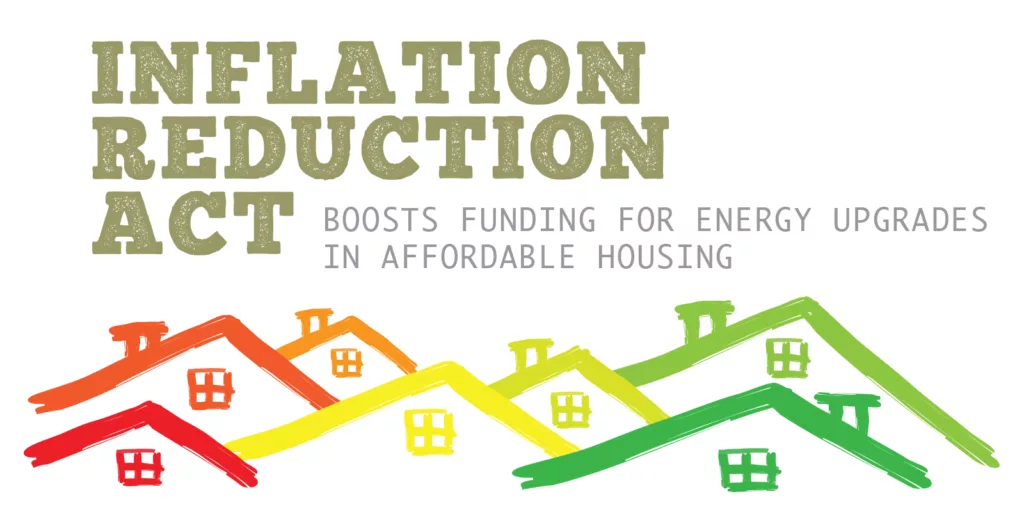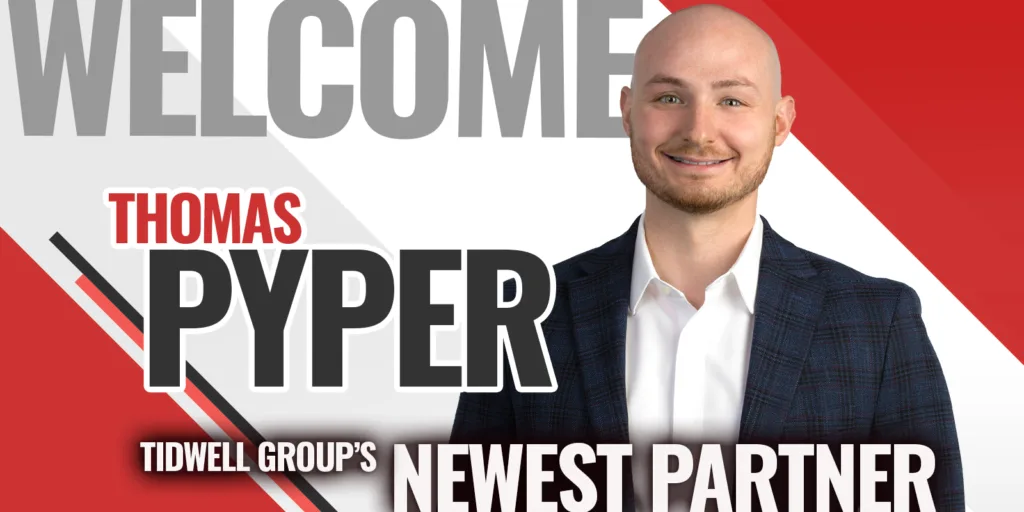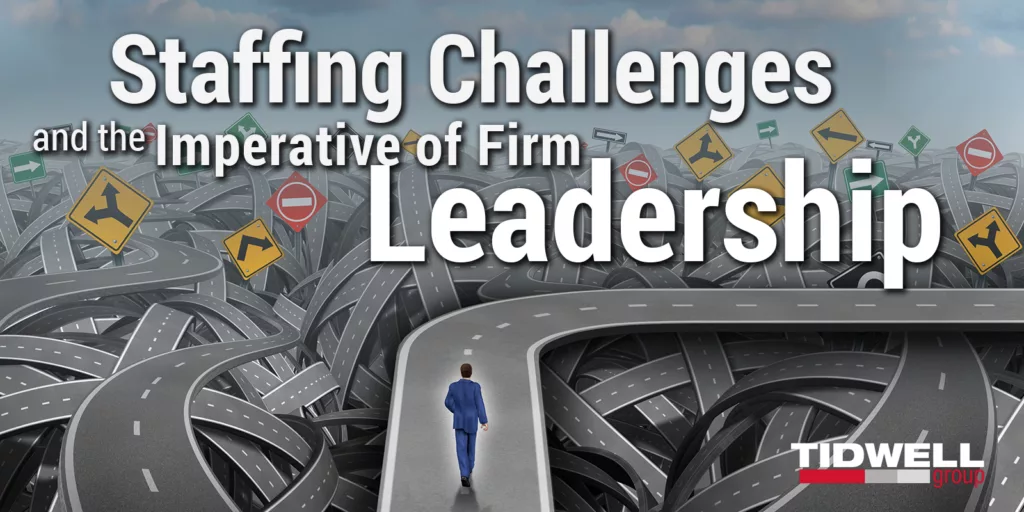Part 1: Effective leadership is often best demonstrated in times of crisis. Crisis situations have a remarkable way of either showcasing strengths or exposing weaknesses in leadership. The words and actions of leaders quickly align (or don’t) to transcend moments of volatility, uncertainty, complexity, and ambiguity (VUCA*)… potentially destabilizing dynamics that require more than just logic.
When leaders navigate crises, both inside and outside their organizations, awareness of and training for VUCA are aided by a leader’s deeply held core principles. But belief isn’t enough. In crisis situations, leaders must be able to activate their training and model effective behavior to the rest of their team.
Bill George, a senior fellow at Harvard Business School and the former CEO of Medtronic, coined the term VUCA 2.0 to help leaders understand how to operate in the VUCA environment. VUCA 2.0 stands for Vision, Understanding, Courage, and Adaptability.
VUCA |
VUCA 2.0 |
Volatility |
Vision |
Uncertainty |
Understanding |
Complexity |
Courage |
Ambiguity |
Adaptability |
*The acronym VUCA comes from military tradition to help soldiers be in a state of awareness and readiness to manage changing situations.
If you consider any great leader of the 20th Century (or 21st), they all dealt with the problems in the left-hand column, but they also embodied the traits on the right. These traits allowed them to bypass their ego in favor of evaluating assets, seizing opportunities, and coordinating an action plan. These traits were essential in their efforts to achieve a desirable outcome.
In other words, great leaders stay focused on what they can control and help others do the same.
A Bridge to Success
Many organizations develop core principles or values for operation. You see them on their websites or as part of their onboarding materials. Evidence of how effectively those principles have been engrained in the culture of the organization is almost always demonstrated during a crisis.
- Does the leader help others remember and live the organization’s vision?
- Does the leader demonstrate an understanding of team dynamics, fears, or skill gaps?
- Does the leader model courage during missteps, challenges, or disappointment?
- Does the leader adapt strategies and structures to support better outcomes?
In the midst of all of this, does the leader get out of his or her own way to let the organization flourish through the skills and commitment of its people?
When Tidwell Group developed its core principles for business decisions and team culture, our emphasis was on this last question. I have a deeply held belief that my leadership must inspire confidence and facilitate the movement of people toward their own growth and achievement.
There must be a balance between being present, listening, and offering suggestions that match our strategy. Having done that, I can get out of the way to let people move forward with what they do best.
Being present doesn’t necessarily mean being in the same room. In remote work situations, being present requires active listening and the ability to avoid distractions. Employees can tell — even on video — whether you are actually listening and making the effort to contribute to their success.
Start with your set of core principles — revisit them religiously in order to reorient, strategize, train, and serve. Without core principles, every organization’s direction becomes unclear, their resolve is weakened, and they become vulnerable to the big, bad VUCA. See Tidwell Group’s Core Principles

![]()
If you think about it, any organization’s ability to meet the needs of the customers and society it serves is necessarily linked to its commitment to the individuals, values, and culture on the inside. At least it should be. When a leader refuses to relinquish some responsibilities to key members of the team, training and growth are inhibited. When a leader takes on too little responsibility, the organization becomes unfocused and vulnerable to crisis situations.
Let’s look at the earlier VUCA chart and add one more column to demonstrate how the right balance of VUCA 2.0 leadership can support stronger teams.
VUCA |
VUCA 2.0 |
Outcomes for Teams |
Volatility |
Vision |
Focus |
Uncertainty |
Understanding |
Assurance |
Complexity |
Courage |
Stability |
Ambiguity |
Adaptability |
Tenacity |
You might see where I’m going with this. When you have the right balance of leadership in an organization, you get FAST. Not fast, as in impulsive, but FAST as in effectiveness in responding to change, developing skills, and achieving goals. Being FAST prevents you from becoming bogged down in what’s happening during a crisis. It enables you to remain focused, supported, and stable in the effort to produce creative ideas and solutions in real-time.
- Maintaining a vision is like establishing a North Star for the team. It enables them to focus on the larger goals rather than getting caught up in distractions.
- Demonstrating understanding by listening and encouraging can calm fears and tamp down misinformation. This, in turn, leads to assurance and confidence that the team has the tools and skills for success.
- Modeling courage is a key ingredient for maintaining team stability when the task at hand is dynamic and complex — especially when the cost of failure is high.
- Teaching and modeling adaptability helps your team learn tenacity, which leads to the dedication that always seems to precede those game-changing “a-ha” moments of creativity and innovation.
Does the FAST method work perfectly? Of course not. But it creates a system where each individual can lead in their area of expertise, work together, and seek guidance when necessary. It’s the effective leader’s job to be there when guidance is needed in order to ensure that the team is moving in the right direction.
In addition to providing a supportive, educational culture, effective leaders also find ways to celebrate important achievements within the team. Every time the organization moves through a crisis, tremendous growth is possible. People and organizations develop a kind of “muscle memory” from past experience and are able to draw upon it when things get tough. Those lessons can then be integrated into the organizational culture, and the benefits can be passed on to the people they serve and to the next generation of leaders.
On a larger societal scale, when you replace the word “leader” with the words “employers,” “advisors,” or “parents,” you quickly see how this leadership approach serves a much bigger purpose!
The next time you find yourself in the throes of a complex VUCA situation that seems to be spiraling out of control, draw upon your core principles, values, and beliefs. Those foundational values will allow you to clearly see what’s most important! Those values will undeniably strengthen your resolve, promote effective decisions, and get you back on the FAST track!

Barry Tidwell is the National Managing Partner of Tidwell Group. As part of his leadership at Tidwell Group, Barry is responsible for resource allocation and acquisition, development of talent, and ensuring industry expertise. In addition, he is passionate about identifying ways that Tidwell Group can continue to innovate and provide leadership for the firm’s target industries.
Sources:
“Understanding the Challenges of a VUCA Environment,” Chief Executive, May 15, 2018. https://chiefexecutive.net/understanding-vuca-environment/
Bill George, Discover Your True North, https://discoveryourtruenorth.org/hbs-a-strategy-for-steady-leadership-in-an-unsteady-world/



